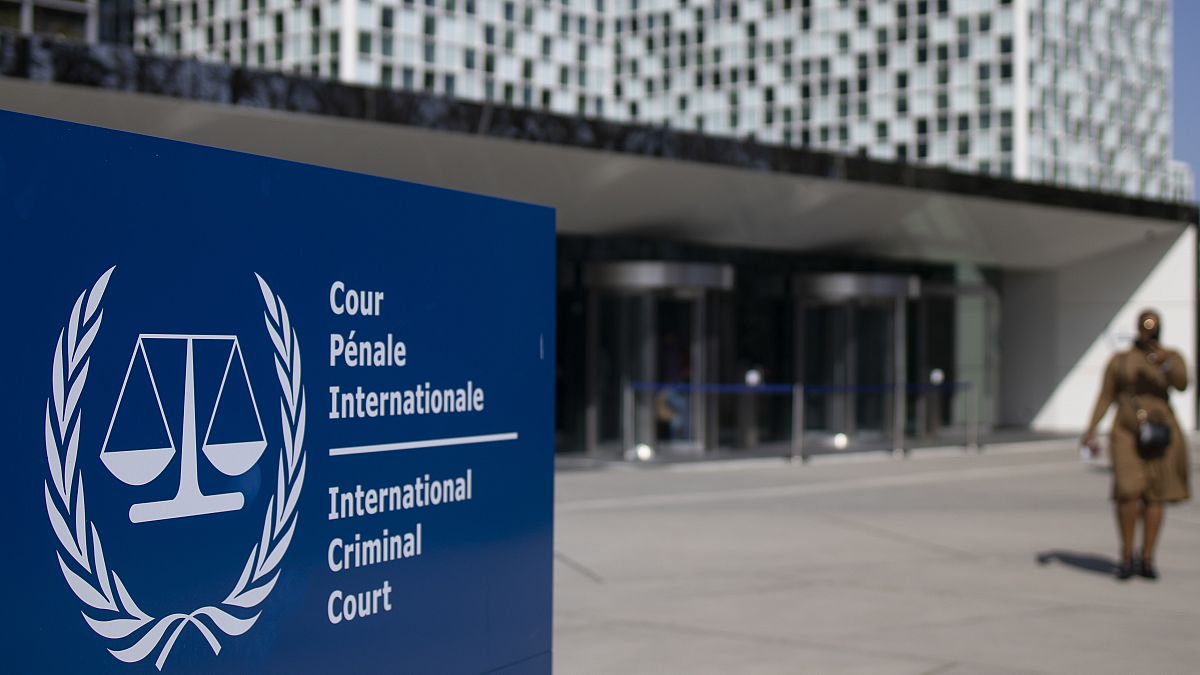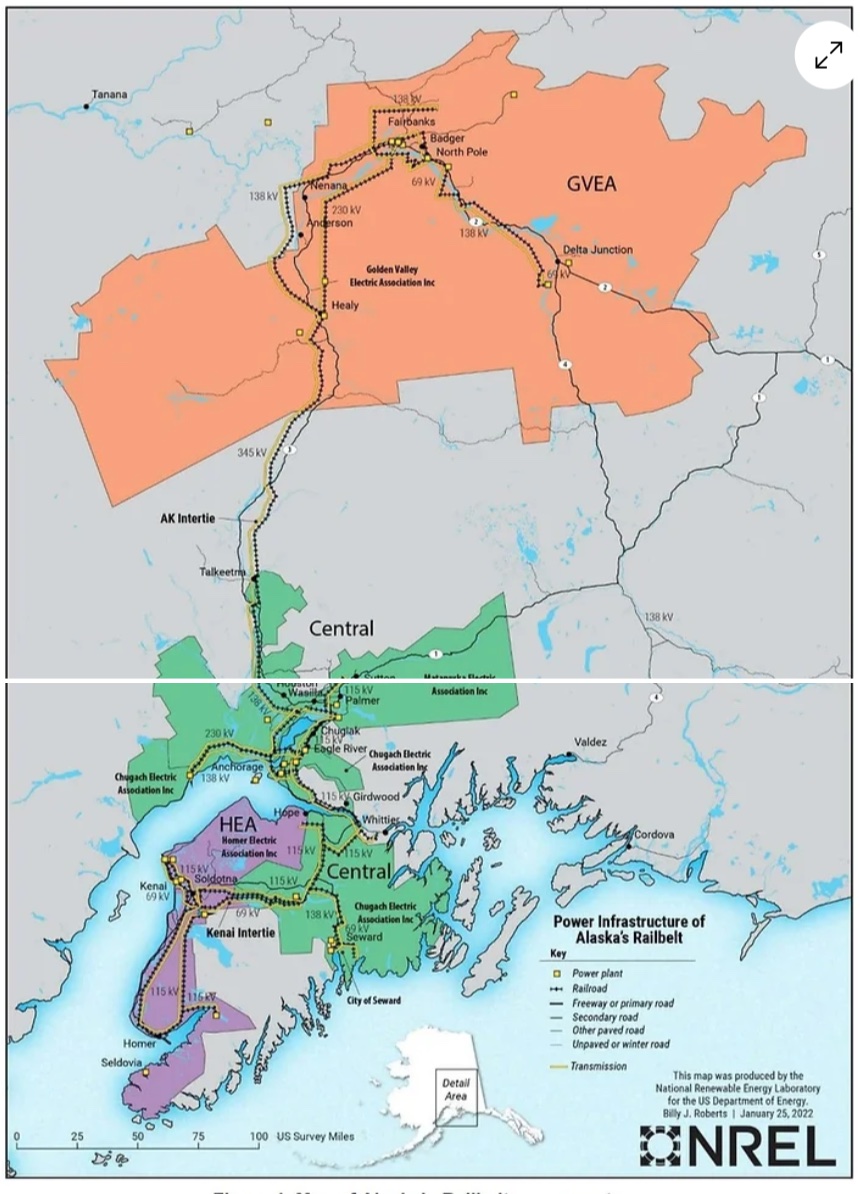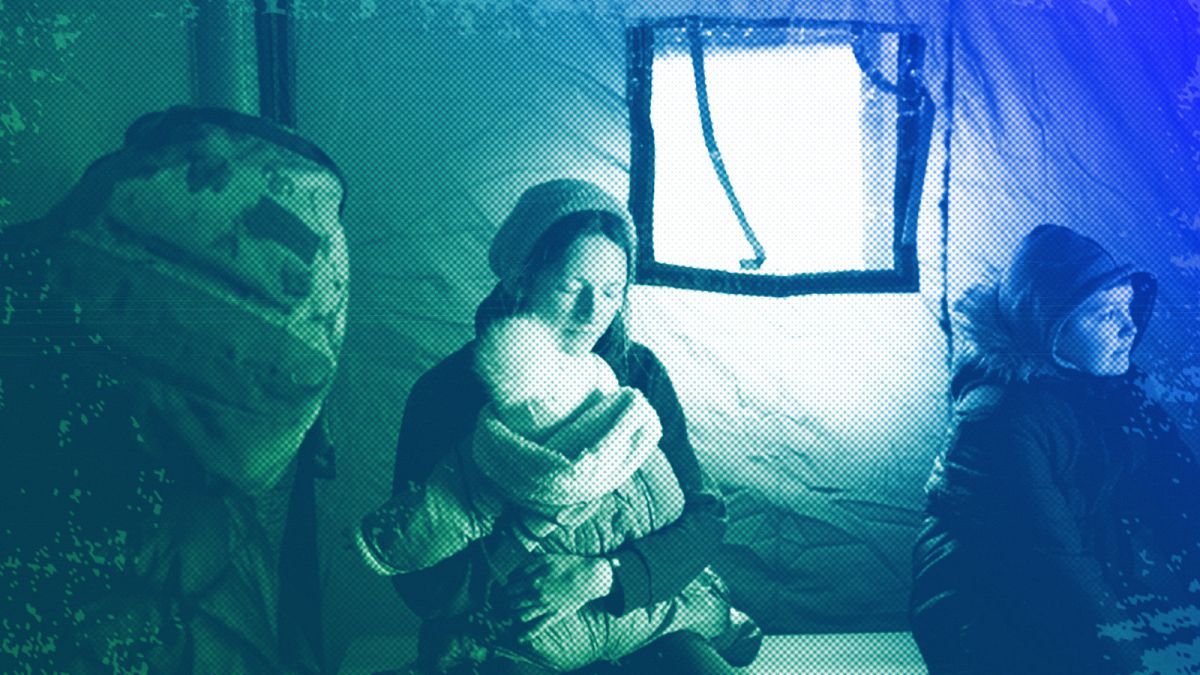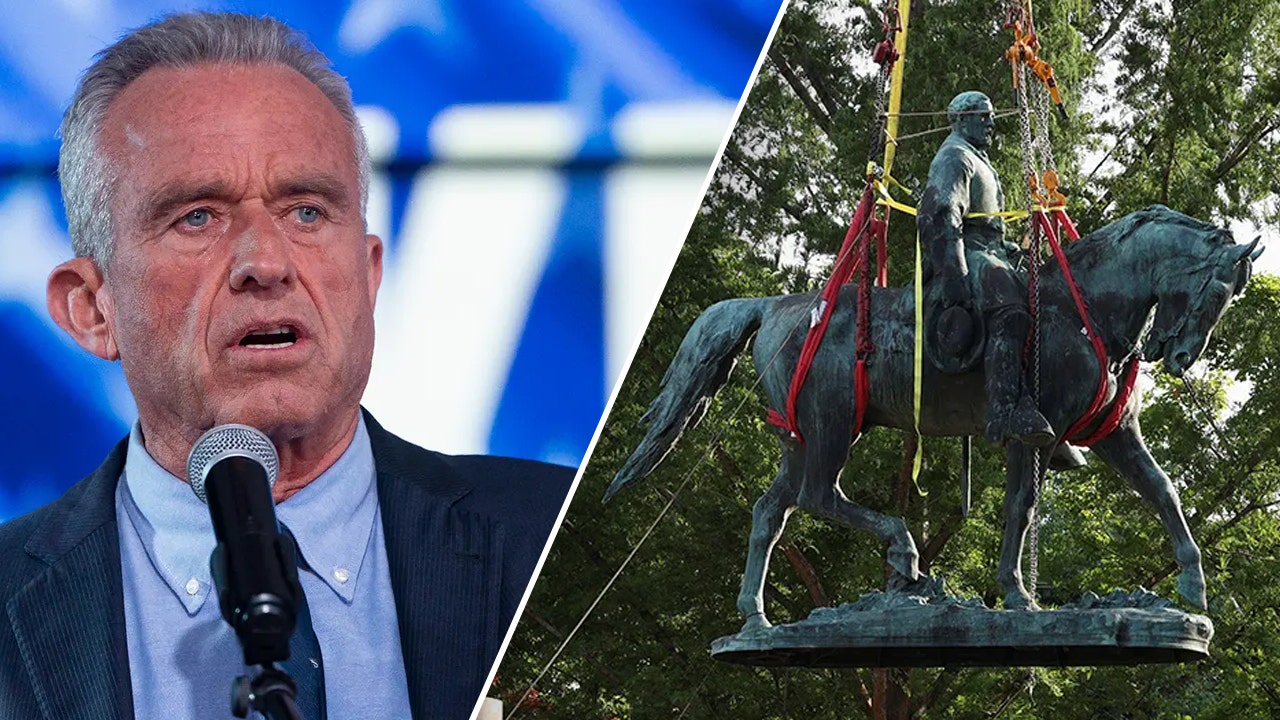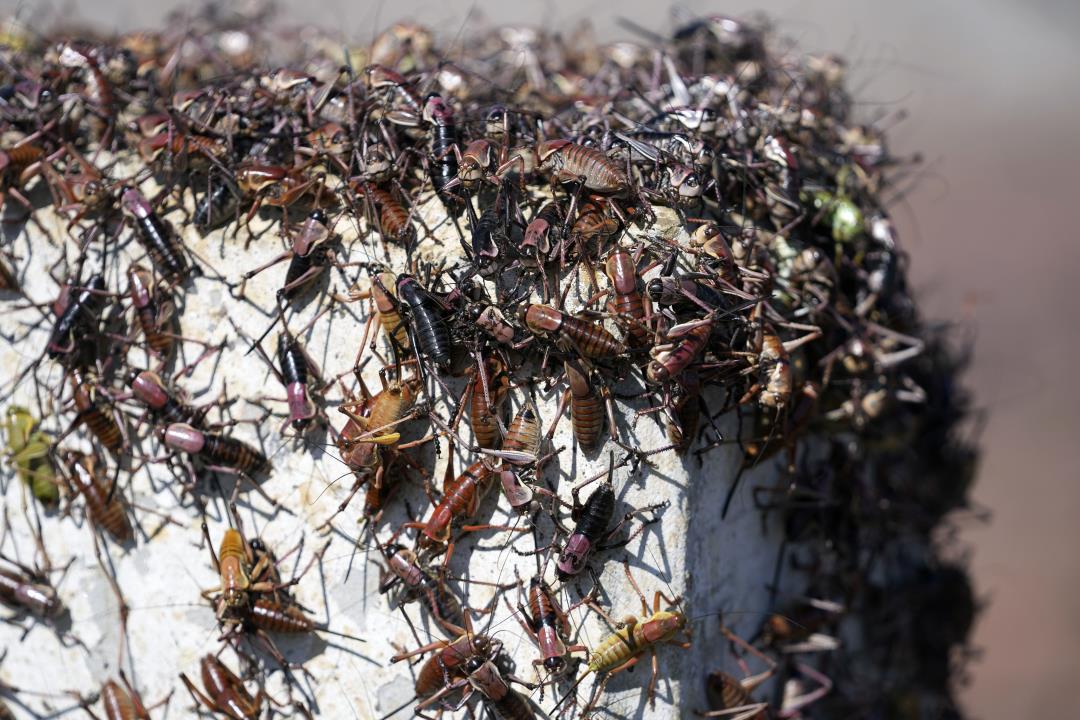World
EU should expand joint gas purchases to other commodities – Commission
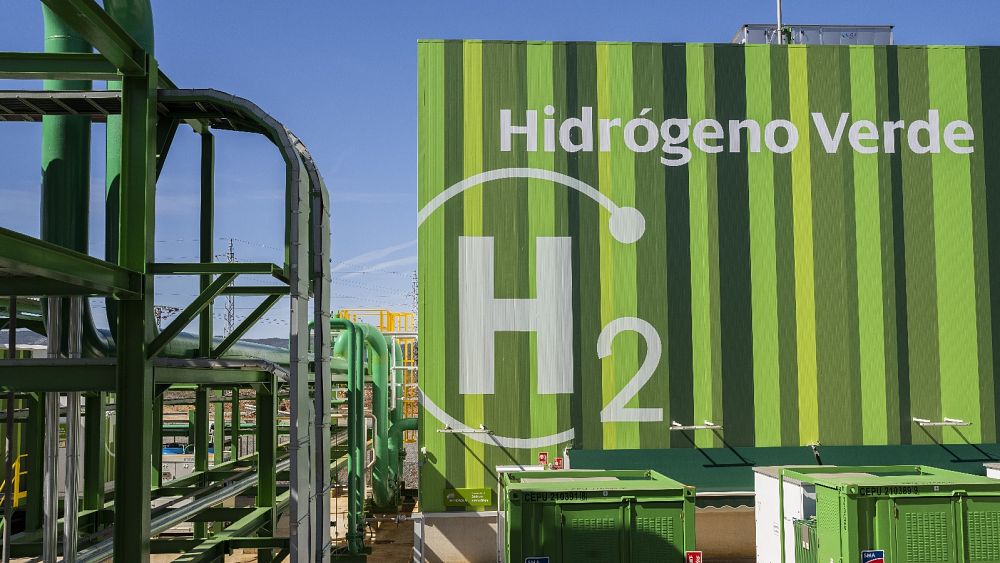
The European Union should build on the success of its new joint gas purchase platform and extend it to other commodities including hydrogen and critical raw materials to ensure steady supplies and affordable prices, Maroš Šefčovič argued on Thursday.
The European Union should build on the success of its new joint gas purchase platform and extend it to other commodities including hydrogen and critical raw materials to ensure steady supplies and affordable prices, Maroš Šefčovič argued on Thursday.
Speaking to reporters in Brussels, the Commission Vice-President for Interinstitutional Relations and Foresight said the second tender round for gas purchases on the newly-launched Aggregate EU platform had yielded “positive results” that “exceed our expectations.”
European companies had put in bids for nearly 16 billion cubic metres (bcm) with international suppliers offering 15.19 bcm. Out of this, an overall volume of 11.98 bcm has been matched — 1 bcm more than during the first round.
He wouldn’t, however, be drawn to comment on prices arguing the Commission is not involved in the negotiations between buyers and sellers and citing the need to respect business confidentiality. He nonetheless said that the fact that transactions are taking place via the platform is “a good sign that the platform brought something better than what you can usually get on the market.”
EU gas storage filling up
AggregateEU became operational in mid-May in a bid to lower prices and ensure sufficient supply is stored ahead of the critical winter months. It is also meant to prevent a repeat of last year when member states competed with each other to secure gas after Russia turned off the tap in reprisal for wide-reaching sanctions for its illegal full-scale attack on Ukraine.
This outbidding put further pressure on prices, which skyrocketed to record levels of over €300 euros per megawatt-hour for several days last August.
The bloc responded with several other measures including energy-saving guidelines and mandatory gas storage targets. The new rule dictates that EU countries must ensure that their storage capacities are filled at 90% by 1 November 2023.
Storage levels across the bloc currently stand at just over 80% while gas prices on the Title Transfer Facility (TTF), Europe’s leading hub, hover between €26 and €30 per megawatt-hour.
Three other gas tender rounds are scheduled before the end of the year with the Commission keen to make further changes to the platform based on industry feedback. This time, for instance, prospective buyers were able to submit their demand for deliveries 20 months away — a must for energy-intensive industries.
‘We should really avoid some kind of outbidding’
But the Commissioner also made the case for “expanding this model to other commodities, including renewable gases, hydrogen and strategic raw materials”
The war in Ukraine forced EU member states to take stock of their dependencies and accelerate the roll-out of renewables in a bid to become self-dependent energy-wise.
Hydrogen, which when produced with renewables does not emit gases during either combustion or production, has been touted as a cornerstone of the bloc’s future energy policy due to the EU’s aspiration to become carbon-neutral by 2050. But the vast majority of the hydrogen production plants in the EU use fossil fuels as feedstock.
The Commission has however tabled an ambition to produce 10 million tonnes of green hydrogen by 2030 and to import an additional 10 million tonnes from abroad. For Šefčovič, AggregateEU could have a role to play.
“We should really learn the lessons from the last year and we should really avoid some kind of outbidding among the European eventual customers and players in front of the potential international suppliers.”
He also argued that to “leave it up to the traditional means of the trading as we know them today probably will not bring us the scale we need to to get it moving”.
De-risking from China
The model, he added, can also be replicated for critical raw materials such as lithium, gallium and germanium which are needed to power the energy transition and for which the bloc is highly dependent on third countries, primarily China.
Aware of this keen dependency and its potential geopolitical dimension — China imposed restrictions on the exports of gallium and germanium last week citing “national security interests” which Brussels has cast doubts on — EU leaders agreed last month to “de-risk” from Beijing by diversifying its supply chains where possible.
The EU’s executive is also championing a so-called Critical Raw Material Pact with like-minded partners to secure the supply of such materials and has already struck such a deal with Canada and discussed the topic with the US and Latin American countries, some of which are major producers of raw materials.
“I think again, the mechanisms that you have in our system — that you would have a steering board of the member states, that you would work closely with the industry, that you would have a service provider who can kind of accumulate the demand, organise the international bids and do this matchmaking — I think that something we can definitely also use in this regard,” Šefčovič said.
“So I hope that the common purchasing platform will indeed become the business as usual and we can kind of expand it to new territories because we see that it works and it could be very, very useful for the future,” he concluded.

World
The toll of Beijing's security law on Hong Kong's activists
HONG KONG (AP) — Activist Chan Po-ying is permitted only 15-minute daily visits to see her husband, Leung Kwok-hung, separated by a plexiglass barrier in a highly guarded Hong Kong jail.
Leung, 68, is one of 47 activists who were prosecuted in the largest national security law case to date in the former British colony. Most of them have been separated from their loved ones for years, uncertain when they might reunite. On Thursday, 16 activists who pleaded not guilty — including Leung — will begin hearing their verdict.
The government had warned there might be legal consequences, but Chan didn’t stop former pro-democracy legislator Leung from participating in an unofficial 2020 primary election that would lead to his prosecution under a national security law that Beijing imposed on the semi-autonomous city.
“Maybe we were too naive,” Chan, 68, said with a laugh.
Charged with conspiracy to commit subversion, Leung and other defendants are accused of attempting to paralyze Hong Kong’s government and topple the city’s leader by securing the legislative majority necessary to veto budgets. The charge carries a maximum sentence of life imprisonment. Those who pleaded guilty have a better chance at shorter prison terms and will be sentenced at a later date.
“I guess almost none can be acquitted,” said Chan, who chairs the League of Social Democrats, one of the city’s few remaining pro-democracy parties. “I am not optimistic. But I also hope someone can get away from it.”
ACTIVISM IN HONG KONG
Chan was part of a wave of youth activism spreading through Hong Kong when she met Leung in a Marxist group around 1975, when the city was still under British rule.
At first, Chan viewed Leung as a “troublesome guy,” being adamant about winning every debate. Despite this, they fell in love, and their bond transcended mere romance, Chan said; they are “comrades-in-arms.”
A 2005 protest solidified their bond. The two were some of the only Hong Kongers who stayed steadfast with the overseas demonstrators, even after police deployed tear gas and threatened arrest.
“Among those who stood with us in our youth, only the two of us stayed at the site,” she said.
Activism in Hong Kong reached a peak in 2014 with the so-called Umbrella Movement, in which demonstrators used umbrellas to fend off police pepper spray in a nearly 80-day face-off. When Beijing didn’t budge, some young activists began advocating for Hong Kong’s independence.
Suppression was swift. Several pro-independence activists were blocked from joining elections, and in 2018, Hong Kong authorities banned a small pro-independence party.
Ventus Lau was among those caught in the crackdown. He was barred from running in an election in 2018, even though he renounced his pro-independence stance. But that didn’t deter him from becoming more politically active, helping organize protests in 2019 that saw generations of Hong Kongers rallying against a now-withdrawn bill that would have allowed people in the city to be extradited to mainland China.
The largest protest drew an estimated 2 million people — more than a quarter of the city’s population.
Lau, now 30, is one of the defendants who decided to plead guilty in the subversion case related to the 2020 primary. Emilia Wong, a 29-year-old feminist influencer and longtime girlfriend of Lau, supported his activism.
In those years after the Umbrella Movement was stifled, Wong remembered feeling hopeful for a more democratic Hong Kong, despite the somber mood in the city.
“2019 represented a peak of such hopes,” she said. But the high hopes were short-lived.
THE PRIMARY VOTE AND THE CLAMPDOWN
As protests waned due to mass arrests and COVID-19 restrictions, Beijing intensified its control. On June 30, 2020, the sweeping national security law was imposed. Both the Chinese and Hong Kong governments deemed it necessary to restore the city’s stability. Several political groups dissolved on the same day.
Just a week later, a city official warned that the pro-democracy primaries might violate the security law. They held the vote anyway, resulting in an unexpectedly high turnout of 610,000.
The poll, organized within the pro-democracy camp, was meant to shortlist candidates who would then run in the official election for the legislature, typically dominated by the pro-Beijing camp. They hoped that, with a legislative majority, the government would listen to their demands.
But things didn’t go as planned.
After the primary, Beijing said the vote challenged the security law that critics argue has been broadly applied to anything the government claims could threaten stability.
When police officers arrived at Wong’s home in January 2021 to arrest Lau for participating in the election, she recalled, “It felt so absurd that I had to laugh.”
That month, over 50 former lawmakers and democracy proponents were arrested under the national security law. Authorities accused them of planning to get enough people into office to indiscriminately veto budgets, grinding governmental functions to a halt, and to force the city leader to step down.
Of those arrested, 47 were charged and brought to court for days of bail hearings, during which time some were hospitalized due to fatigue and others weren’t able to shower for days. Most of the defendants were denied bail.
LIVES UPENDED
After Lau was taken into custody, Wong devoted her time to arranging food and book deliveries for him, handling media interviews about the case, organizing visits from his friends, and assisting him with his application to restart university studies while detained.
Each day left Wong feeling utterly drained as she also grappled with the shock of Lau’s prosecution. One day, upon receiving clothes worn by Lau during his detention that still carried his scent, she burst into tears.
“It was a blow to me, specifically to my personal vision of Hong Kong,” she said.
Even for veteran activists like Chan, the situation was painful. To her, 2021 was suffocating. After Leung was denied bail, Chan would find herself crying without any particular reason during her commutes.
Months after the 47 activists were prosecuted, arrests of top management at Apple Daily and Stand News — prominent media outlets known for their critical reports on the government — forced them to shut down. Dozens of civil society groups disbanded. Some of Chan’s League of Social Democrats members were also jailed.
That year, Chan wondered daily what would happen next. “I felt lonely, but I had to handle so many things,” she said.
LIFE IN DETENTION
To maintain their relationship between the limited visits, Lau has been writing Wong a letter every day since 2021, sometimes penning Canto-pop song lyrics to express his love. In return, Wong dedicated a love song to Lau on the radio for his birthday.
To Wong, staying with Lau is a natural choice. Lau signed an agreement granting her control over his affairs — a document she described as more powerful than a marriage certificate. She said she would do her best to support him.
Even behind bars, Wong said, Lau drives her to become a better person — when he picked up his reading pace, Wong followed suit. In turn, Wong offered critiques of Lau’s lyrics. Lau pursued his translation degree and Wong became a regular at the gym.
“I’m not just standing still waiting; I’ve been running all along, and so has he,” she said.
Chan said life in detention has left Leung visibly thinner and downhearted. Despite their fiery temperaments, Leung sometimes avoids arguments during their brief visits.
“He cherishes our 15 minutes together,” Chan said. “But I also feel very upset because this isn’t the real him.”
In the most optimistic scenario, it might take three to four more years to see Leung free again, Chan said. In the meantime, she continues to organize small-scale street demonstrations, despite the threat of the new national security law that critics fear will further constrict civil liberties.
Chan knows her actions might not make a significant impact, but she says persistence in their respective roles is still meaningful.
“It’s not like nothing has been achieved,” she said.
World
Ukraine's Zelenskyy is expected in Normandy for commemorations of 80 years since D-Day, Macron says
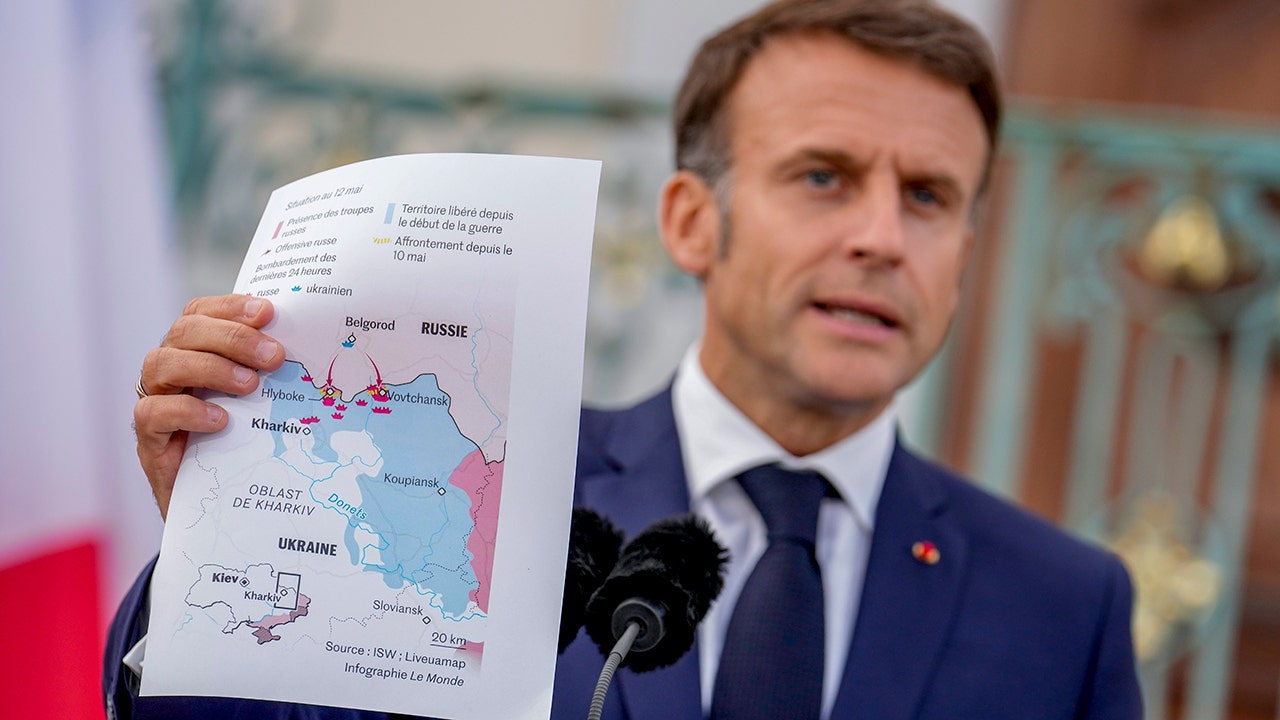
French President Emmanuel Macron said Tuesday he will greet Ukrainian President Volodymyr Zelenskyy along with other world leaders in Normandy for the 80th anniversary commemorations of D-Day.
President Joe Biden is also scheduled to attend this year’s commemorations of the landings that led to the liberation of France and Europe from Nazi Germany’s occupation.
BIDEN MISSING UPCOMING UKRAINE TALKS WOULD BE ‘APPLAUDED’ BY PUTIN, ZELENSKYY SAYS
Dozens of World War II veterans are expected to return, many perhaps for the last time, to Normandy’s beaches.
French President Emmanuel Macron shows a map during a press conference at the German government guest house in Meseberg, north of Berlin, Germany, Tuesday, May 28, 2024. (AP Photo/Ebrahim Noroozi)
An international ceremony at Omaha Beach will honor the nearly 160,000 troops from Britain, the United States, Canada and other nations that landed in Normandy on June 6, 1944.
Macron said during a visit to Meseberg, Germany, on Tuesday that he will elaborate on Paris’ support for Ukraine next week, when Zelenskyy visits for the D-Day events.
France will “do whatever is necessary for as long as it is necessary” to support Ukraine, he said.
Canada’s Prime Minister Justin Trudeau is also to attend the D-Day commemorations.
Britain’s King Charles III, who continues to be treated for cancer, also plans to travel to France for the British ceremonies, while skipping the international ceremony. The Prince of Wales will instead stand in for the king at Omaha Beach.
World
Former spy chief expected to be new prime minister of the Netherlands
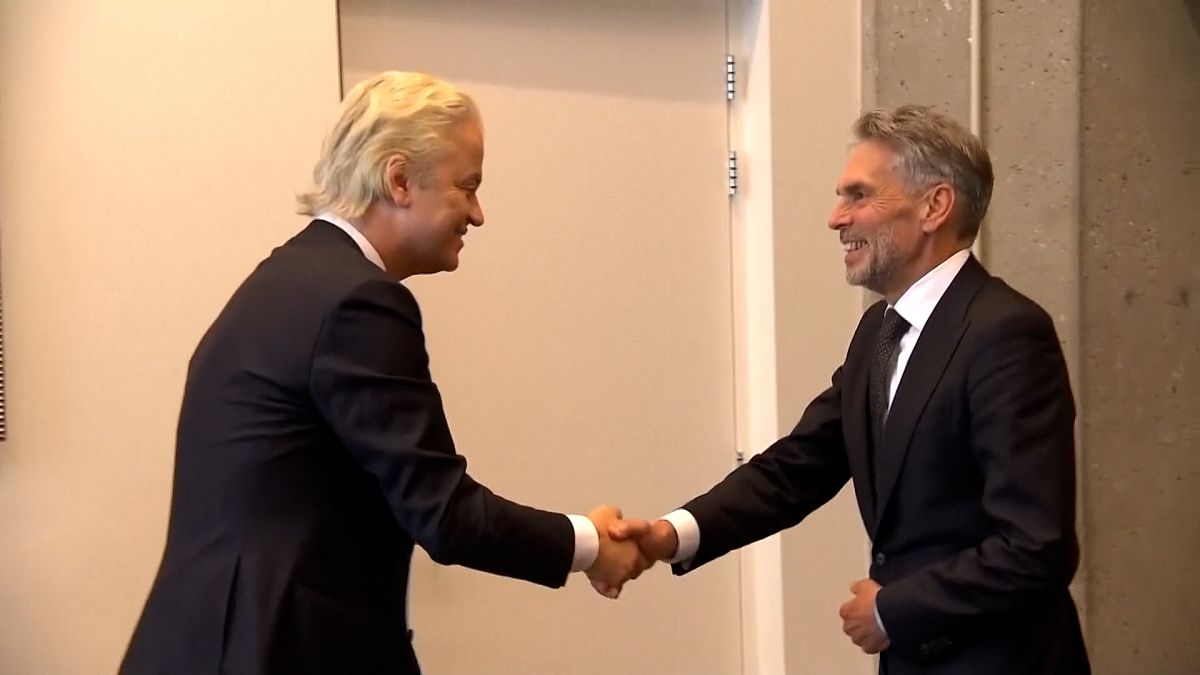
It has taken months of post-election negotiations to form a right-wing government.
A former spy chief was tipped as the new Prime Minister of the Netherlands.
Former head of the Dutch spy agency and counter-terrorism office Dick Schoof was tipped on Tuesday to become the nation’s new Prime Minister.
The 67-year-old will lead a coalition dominated by Geert Wilders’ radical right-wing Freedom Party.
The coalition is also made up of the centre-right People’s Party for Freedom and Democracy, centrist New Social Contract and the Farmer-Citizen Movement.
Schoof is currently the top civil servant at the Ministry of Security and Justice.
Wilders congratulated him in a post on X, saying he “has a great track record, is non-partisan and therefore above the parites, has integrity and is also very likeable.”
Anti-Islam firebrand Wilders, who topped the polls in last year’s elections, struck a deal with the other party leaders earlier this month – capping months of negotiations that left it unclear who would become the new Dutch prime minister.
The new agreement, framed with the slogan “Hope, courage and pride”, includes plans to impose strict measures on asylum seekers, scrap family reunification for refugees and reduce the number of international students studying in the country.
At one point, the 26-page document says the government will seek to “deport people without a valid residence permit as much as possible, even forcibly”.
Wilders’s preferred candidate for prime minister withdrew last week following allegations he had been involved in medical patent fraud.
-

 Movie Reviews1 week ago
Movie Reviews1 week ago‘The Substance’ Review: An Excellent Demi Moore Helps Sustain Coralie Fargeat’s Stylish but Redundant Body Horror
-

 Movie Reviews1 week ago
Movie Reviews1 week ago‘Rumours’ Review: Cate Blanchett and Alicia Vikander Play Clueless World Leaders in Guy Maddin’s Very Funny, Truly Silly Dark Comedy
-

 Culture1 week ago
Culture1 week agoFrom Dairy Daddies to Trash Pandas: How branding creates fans for lower-league baseball teams
-

 News1 week ago
News1 week agoVideo: A Student Protester Facing Disciplinary Action Has ‘No Regrets’
-

 Movie Reviews1 week ago
Movie Reviews1 week ago‘Blue Sun Palace’ Review: An Intimate, Affecting and Dogma-Free Portrait of Chinese Immigrants in Working-Class New York
-

 World1 week ago
World1 week agoPanic in Bishkek: Why were Pakistani students attacked in Kyrgyzstan?
-

 Politics1 week ago
Politics1 week agoAnti-Israel agitators interrupt Blinken Senate testimony, hauled out by Capitol police
-

 Politics1 week ago
Politics1 week agoMichael Cohen swore he had nothing derogatory on Trump, his ex-lawyer says – another lie – as testimony ends
